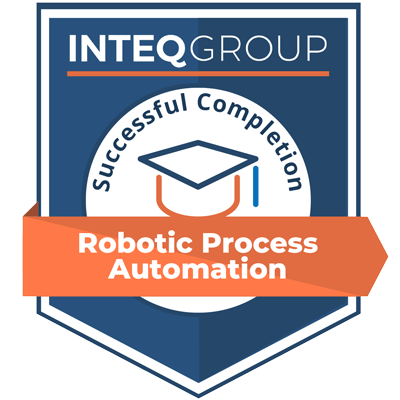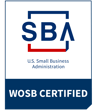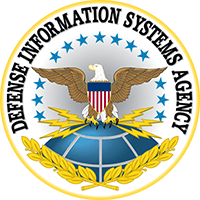- About
- Contact
- Training Courses
- Certificate Programs
- Management Consulting
- Knowledge
hub
Certificate Programs
Inteq’s 2-day Robotic Process Automation (RPA) training program applies to an ecosystem of robotic process automation techniques and methods (e.g., Robotic Process Automation (RPA), Intelligent Process Automation (IPA), Workflow Automation, Digital Transformation, etc.) for improving the effectiveness, efficiency, agility, and scalability of business processes.
There are many opportunities to incrementally improve business processes through changes in business policies, procedures, workflow, activity realignment, etc. However, transformational change in business processes requires a fundamental shift in the end-to-end structure of the processes. Robotic Process Automation is an essential component of end-to-end restructuring and reengineering.
There are many vendor products that support Robotic Process Automation - and we will briefly survey a range of vendor products in the course. However, vendor products are simply, albeit important, enablers of Robotic Process Automation.
The focus of Inteq’s Robotic Process Automation training course is on the strategies, critical thinking skills, and analysis techniques that enable you and your team to identify, analyze and design effective Robotic Process Automation solutions independent of any specific product.
Splitting the atom of work activities
What is RPA (and IPA)?
The business value of RPA
The digital forces reshaping strategy
Mainstream information technology enablers
Technologies enabling transformative BPR
Business functions and processes
Business process mapping
Work activity deconstruction
Supporting systems
Automation identification factors
Automation examples
Automation initial assessment
Analyzing the current state
Identifying pain points
Identifying improvement opportunities
Mapping the automation
Automation design considerations
Managing the opportunity backlog
Participants identify, analyze and design a complex real-world automation. This case study provides an invaluable template that participants can leverage to jump start RPA in their organization.
Aligning RPA with strategy
Hyper automation
The role of people vs. technology
The RPA ecosystem
None. Inteq’s Robotic Process Automation training provides a comprehensive and cohesive approach to process automation regardless of background and level of experience.
Robotic Process Automation integrates seamlessly with:

2, 3, 4 and 5-Day
Customized Training Options
"A great instructor. I learned a lot about the business cases and what automation process can do to reduce workflow."
"Materials and presenter were professional and it created a great way to interact with attendees during virtual learning."
"The real life examples, classroom participation and case studies were great."
"A great instructor. I learned a lot about the business cases and what automation process can do to reduce workflow."
"Materials and presenter were professional and it created a great way to interact with attendees during virtual learning."
"The real life examples, classroom participation and case studies were great."























